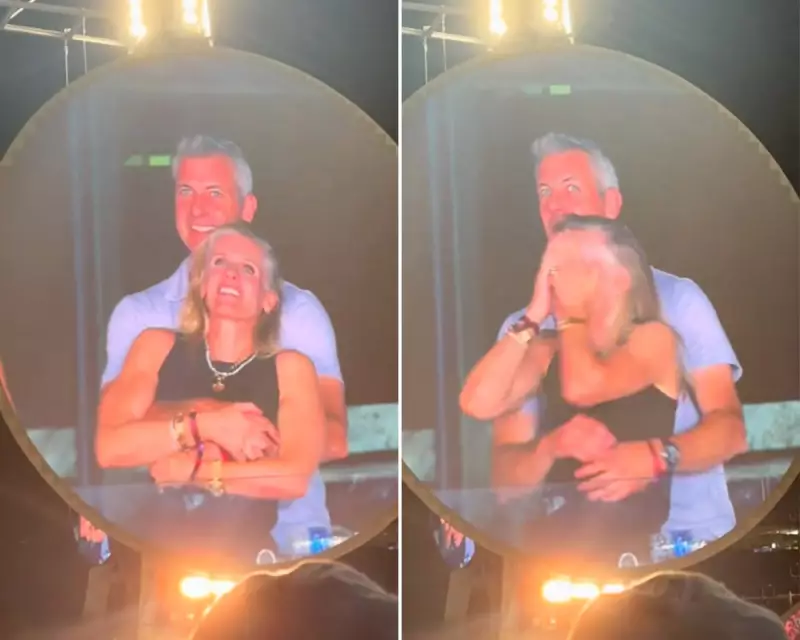
Coldplay has ignited a heated debate after implementing facial recognition technology at their concerts to identify and publicly shame ticket touts and disruptive attendees. While some applaud the move as a necessary deterrent, others argue it crosses ethical boundaries and infringes on personal privacy.
The Rise of Surveillance at Live Events
In an era where technology increasingly intertwines with daily life, Coldplay's use of facial recognition cameras (CAM) at their concerts marks a bold step. The system scans audiences in real-time, flagging individuals who have previously resold tickets at inflated prices or caused disturbances at events.
Public Shaming or Justified Consequences?
Those identified by the system find themselves spotlighted on large screens with messages like "Known Ticket Tout" or "Previous Disruptive Behaviour". Supporters claim this public shaming effectively discourages misconduct, while critics compare it to dystopian social credit systems.
Privacy Concerns Take Centre Stage
Digital rights activists have raised alarm bells about the precedent this sets. "When we normalise surveillance at entertainment venues, where does it stop?" questions one privacy advocate. The band's management insists all data processing complies with GDPR regulations.
The Industry Reaction
Other artists and promoters are watching closely. Some major festivals are considering similar measures to combat touting, while others vow never to implement such technology. The debate raises fundamental questions about where we draw the line between security and freedom at public events.
As Coldplay continues their world tour, the controversy shows no signs of fading. With technology advancing faster than legislation, this may be just the opening act in a much larger conversation about privacy in public spaces.






